In the battle against garden pests, nature provides a wealth of resources that can help protect your plants without resorting to harmful chemicals. Herbs and flowers not only add beauty and fragrance to your garden but also contain natural compounds that repel pests and attract beneficial insects. By strategically planting these botanical bodyguards, you can create a pest-resistant garden ecosystem that promotes biodiversity and supports a healthy balance of pests and predators. Here’s how to harness the power of herbs and flowers for natural pest control in your garden.
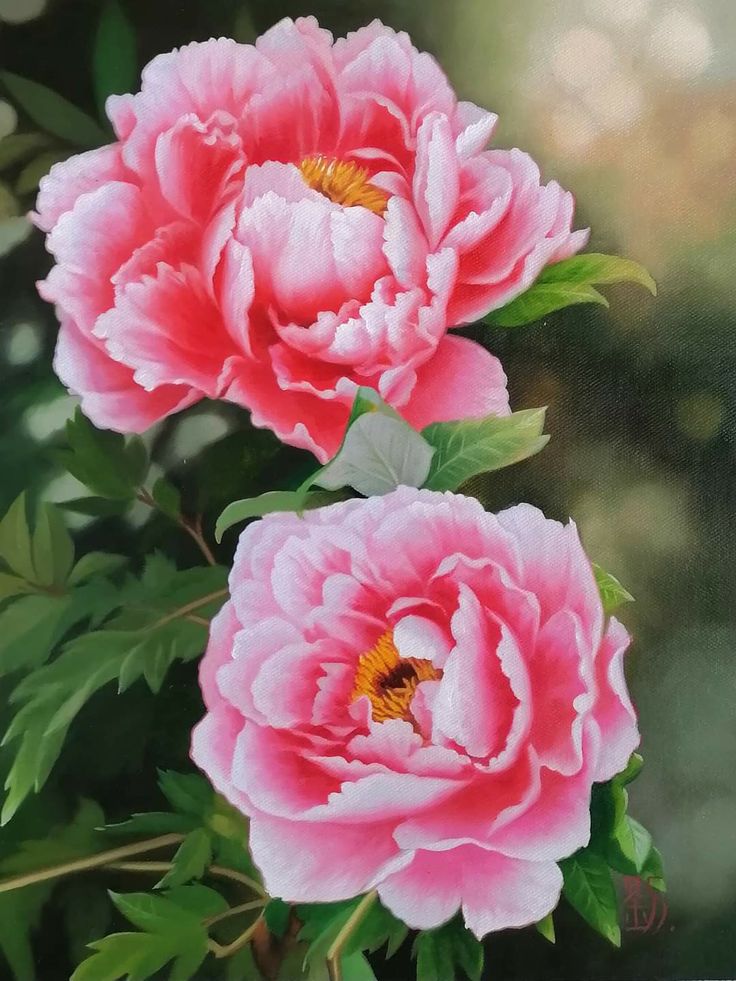


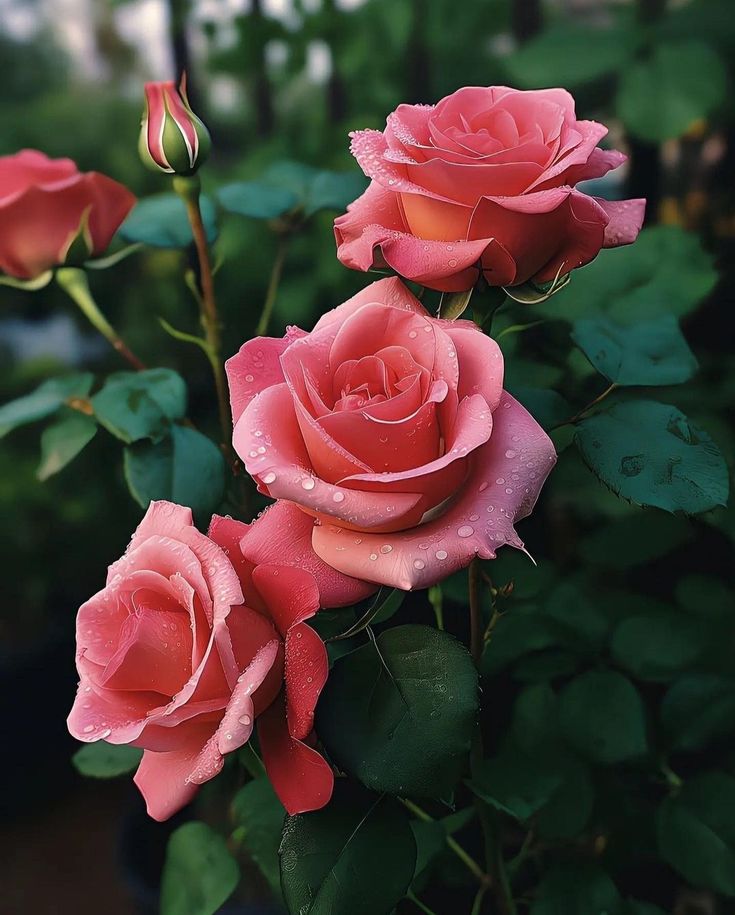
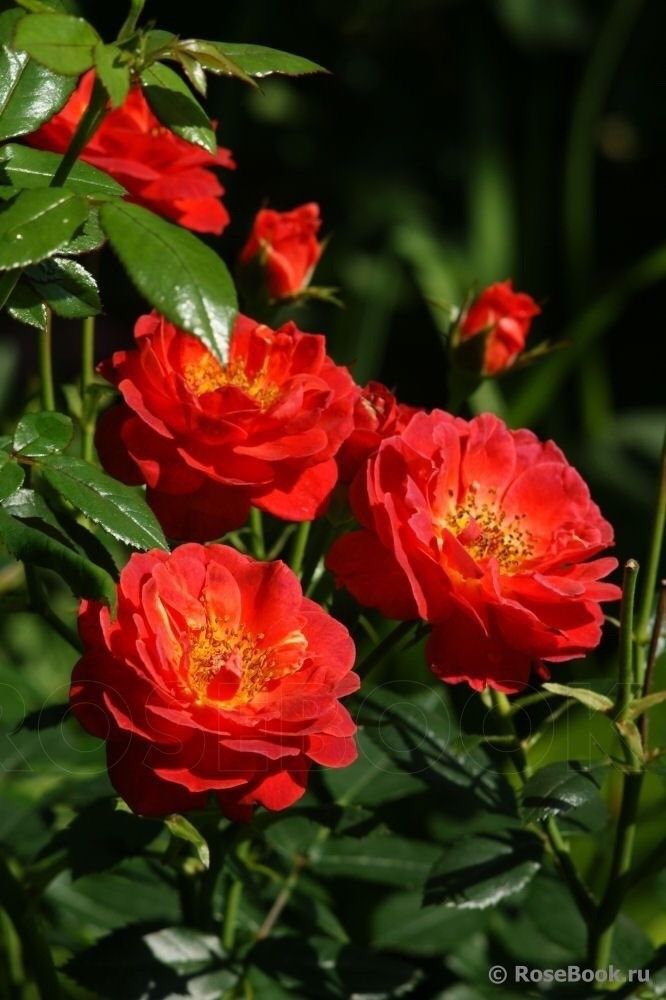
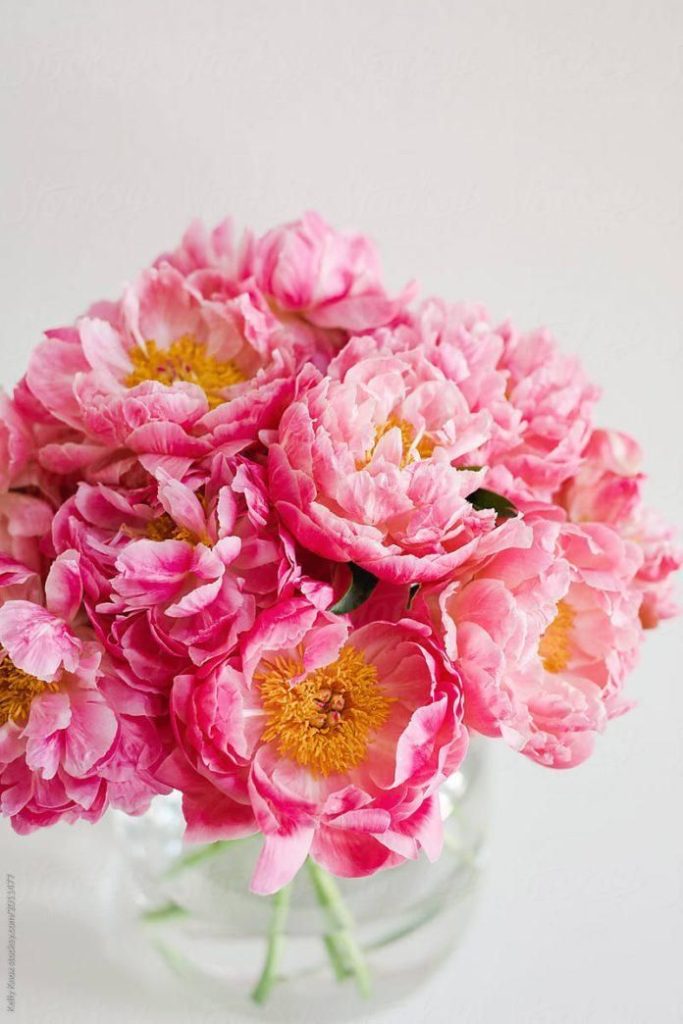
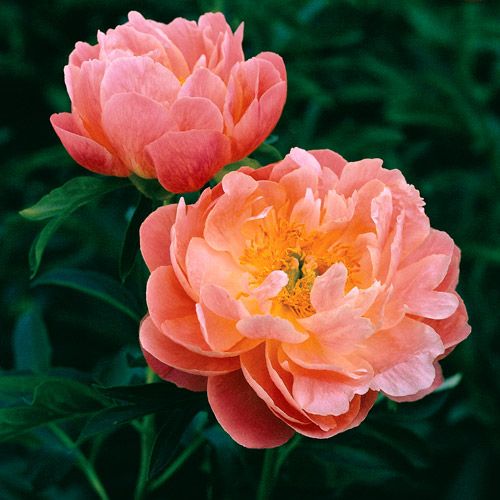
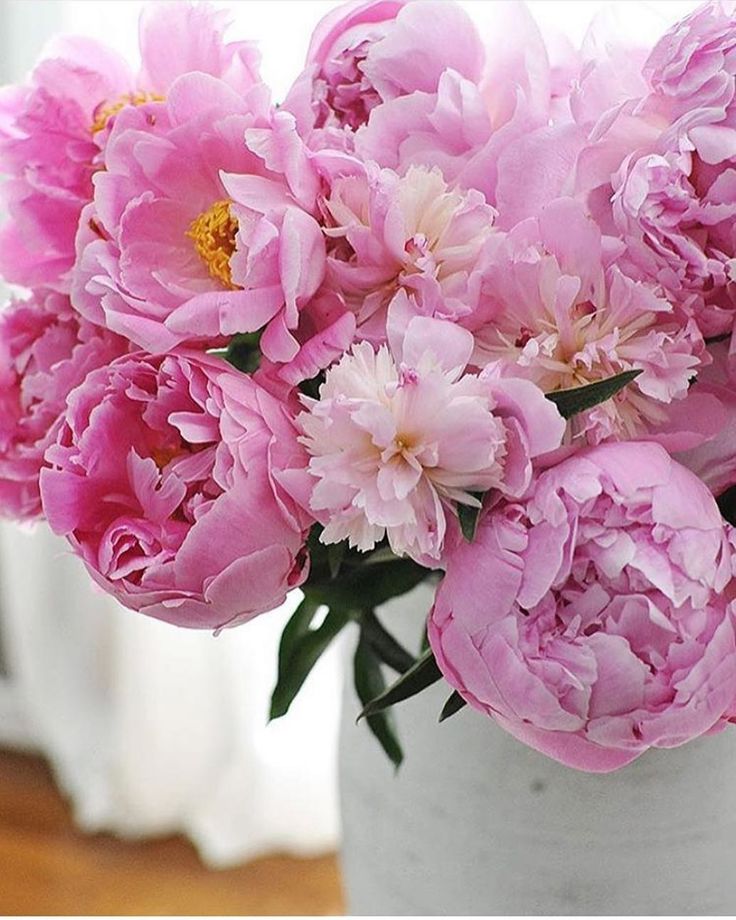
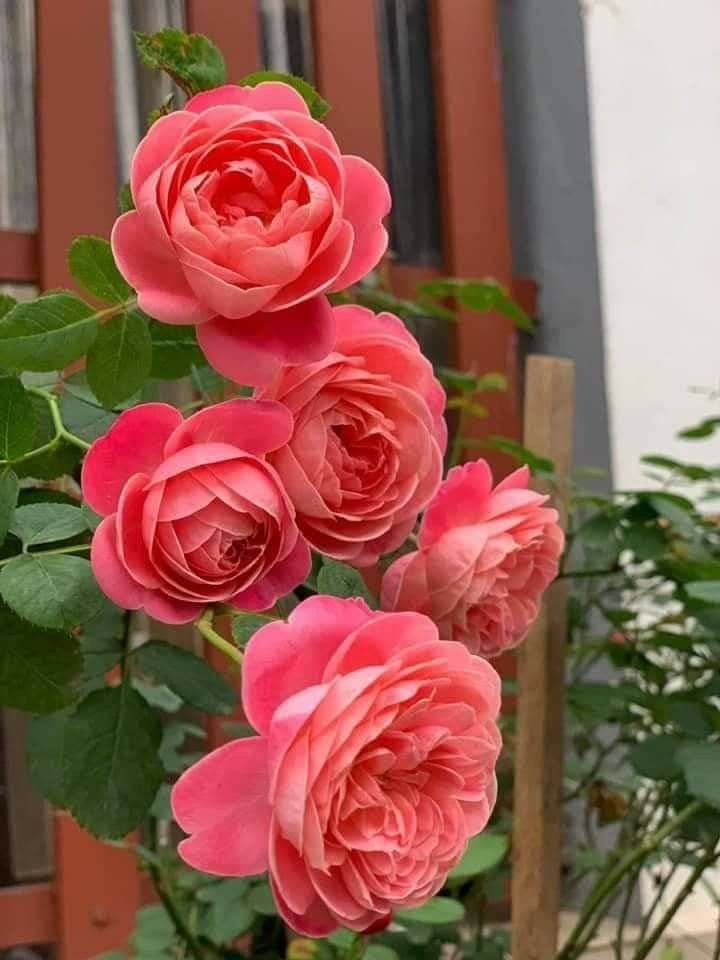
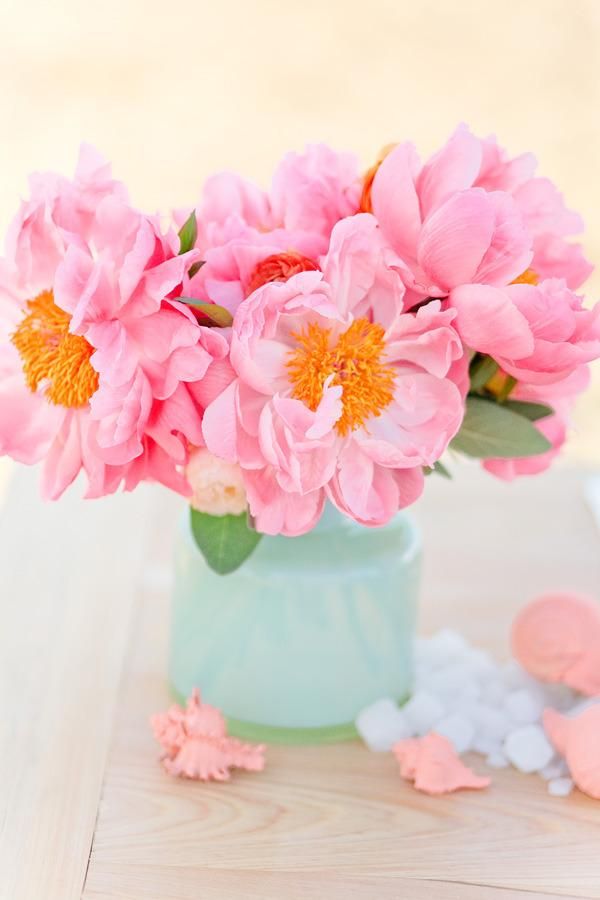
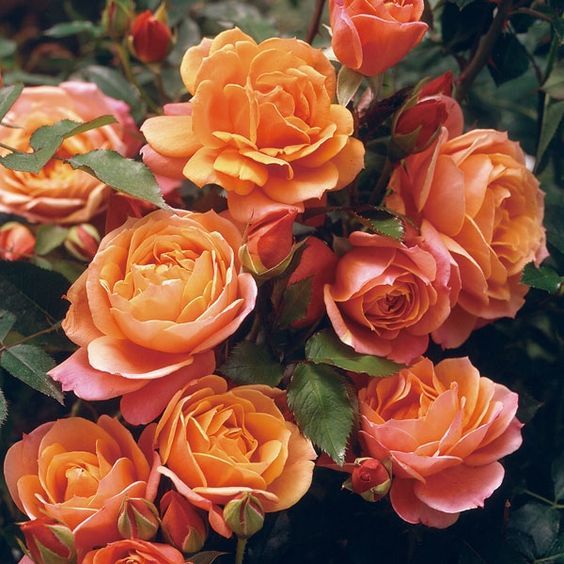
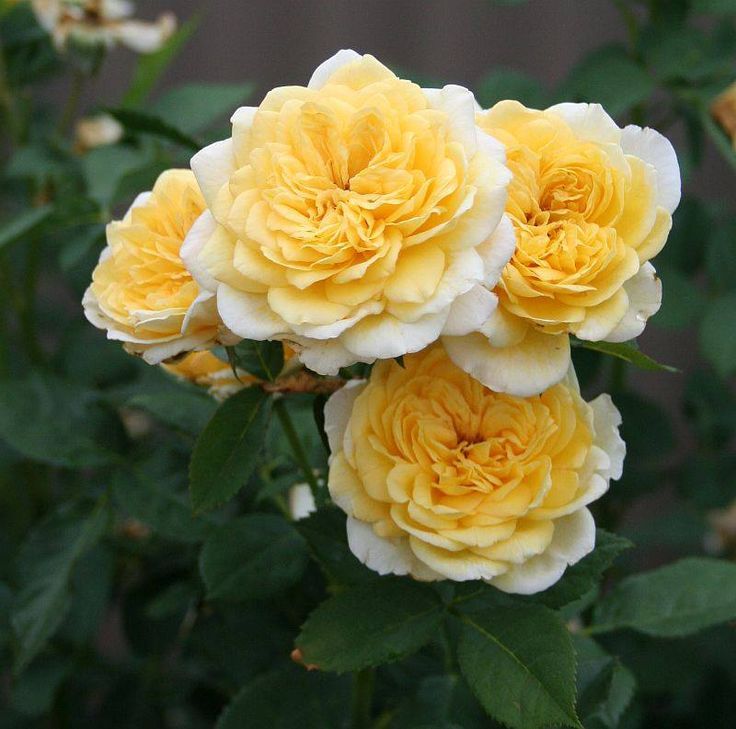
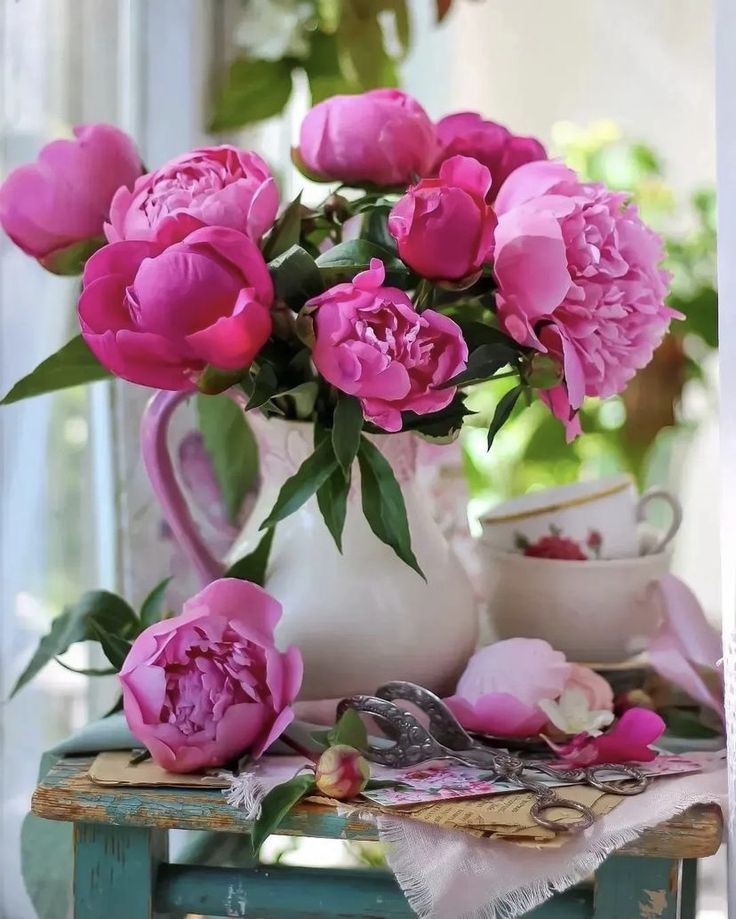
Understanding Plant Defenses
Plants have evolved various defense mechanisms to protect themselves from pests and diseases, including the production of chemical compounds that repel or deter herbivores. Many herbs and flowers contain aromatic oils, bitter compounds, or toxic substances that make them unpalatable or even harmful to pests. By planting these natural repellents alongside susceptible crops, you can help deter pests and reduce the need for synthetic pesticides.
Companion Planting
Companion planting is the practice of growing compatible plants together to enhance their growth, flavor, and pest resistance. When it comes to pest control, certain herbs and flowers are known for their ability to repel specific pests or attract beneficial insects that prey on pests. For example, planting aromatic herbs like basil, mint, or rosemary alongside tomatoes can help repel aphids, whiteflies, and other common pests. Marigolds, calendula, and nasturtiums are also popular companion plants known for their pest-repellent properties.
Creating Herbal Sprays and Extracts
Herbal sprays and extracts can be made from fresh or dried herbs and flowers to create potent pest repellents for your garden. Simply steep herbs such as garlic, chilies, thyme, or neem leaves in water to extract their natural oils and compounds, then strain the mixture and dilute it with water to create a spray. Apply the herbal spray directly to plants or soil to deter pests and protect your garden from infestations. Experiment with different herbal combinations to find the most effective repellents for your specific pest problems.
Attracting Beneficial Insects
In addition to repelling pests, herbs and flowers can also attract beneficial insects that prey on garden pests, helping to keep pest populations in check naturally. Planting nectar-rich flowers such as lavender, dill, or yarrow can attract pollinators like bees and butterflies, as well as predatory insects like ladybugs, lacewings, and hoverflies. These beneficial insects feed on pests like aphids, caterpillars, and spider mites, reducing the need for chemical insecticides and promoting a healthy, balanced ecosystem in your garden.
Maintaining Garden Hygiene
In addition to using herbs and flowers for natural pest control, it’s essential to practice good garden hygiene to minimize pest problems and prevent infestations. Remove weeds, debris, and fallen leaves that can harbor pests and diseases, and regularly inspect plants for signs of pest damage or infestation. Prune and thin plants as needed to improve airflow and reduce humidity, which can help deter pests and prevent fungal diseases.
Conclusion
Using herbs and flowers for natural pest control offers a safe, effective, and environmentally friendly alternative to synthetic pesticides. By understanding plant defenses, practicing companion planting, creating herbal sprays and extracts, attracting beneficial insects, and maintaining garden hygiene, you can protect your plants from pests while promoting biodiversity and sustainability in your garden.
FAQs (Frequently Asked Questions)
- Which herbs and flowers are most effective for repelling pests in the garden?
- Some of the most effective herbs and flowers for repelling pests include basil, mint, rosemary, garlic, chilies, marigolds, calendula, and nasturtiums. These plants contain natural compounds that deter pests and help protect vulnerable crops from infestations.
- How do I make herbal sprays for pest control?
- To make herbal sprays for pest control, simply steep fresh or dried herbs in water to extract their natural oils and compounds. Strain the mixture, then dilute it with water and transfer it to a spray bottle. Apply the herbal spray directly to plants or soil to repel pests and protect your garden.
- Can planting flowers attract pests to my garden?
- While planting flowers can attract pollinators and beneficial insects to your garden, it is possible that certain flowers may also attract pests under certain conditions. However, the benefits of attracting beneficial insects generally outweigh the risk of attracting pests, as beneficial insects help keep pest populations in check naturally.